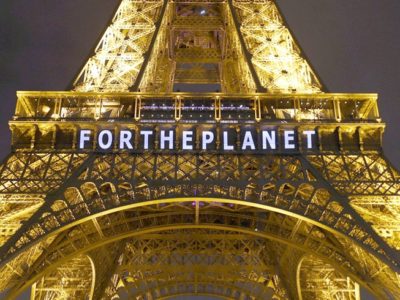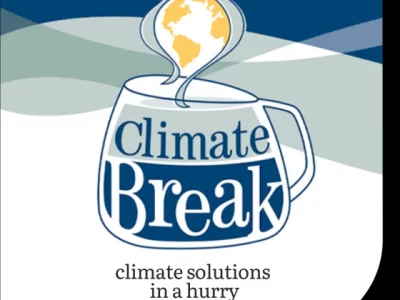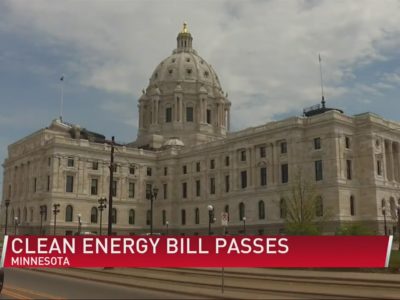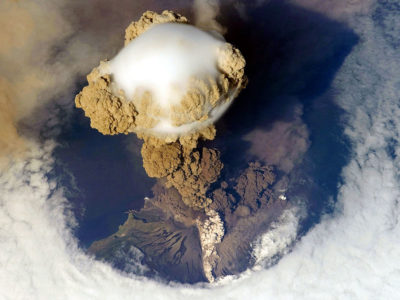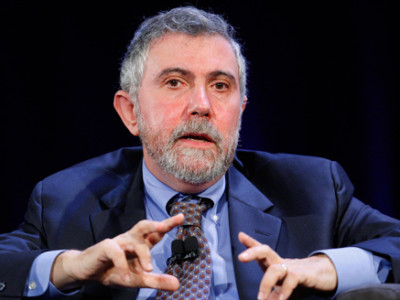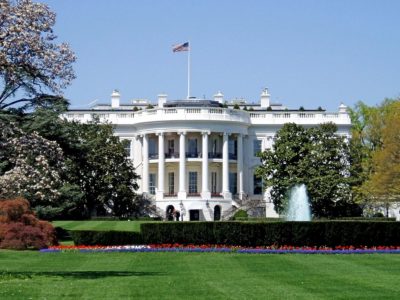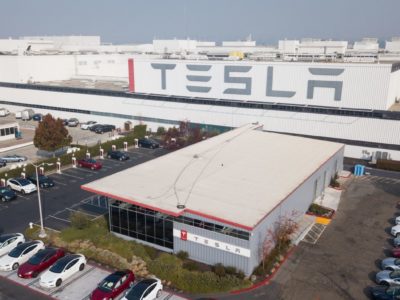Climate Change
Climate Policy’s “Plan B”
As the initial top-down approach failed, a new approach to climate policy crystalized.
My last blog post told the story of the original top-down approach to climate policy. It was supposed to feature binding restrictions on carbon emissions in a global treaty and federal legislation. By 2012, it was plain that neither half of this “Plan A” strategy was in the offing. Building on trends that had begun …
Continue reading “Climate Policy’s “Plan B””
CONTINUE READINGClimate Policy at the Turn of the Century: The Death of “Plan A”
The original plan involved top-down global and US emission limits. They never happened.
When the campaign to cut carbon emissions began in the last decade of the 20th Century, there seemed to be a clear path forward. International negotiations would begin with a framework convention, followed by a later global agreement capping carbon emissions. Within the US, Congress would enact legislation cutting carbon emissions. By the end of …
Continue reading “Climate Policy at the Turn of the Century: The Death of “Plan A””
CONTINUE READINGNeed Quick Climate Solutions? Check Out Our “Climate Break” Podcast
Berkeley Law production also airing every Thursday on NPR-affiliate KALW in San Francisco
Climate change news is often quite depressing, with frequent stories on the science and ever-worsening impacts. What gets lost in this otherwise important coverage is the amazing and inspiring tales of innovation and solutions happening all around us, in every sector and walk of life. That’s why Berkeley Law’s Center for Law, Energy and the …
Continue reading “Need Quick Climate Solutions? Check Out Our “Climate Break” Podcast”
CONTINUE READINGThe Great-Great-Grandmother of Climate Science
Herein of the now-forgotten woman who discovered the warming effect of CO2.
The first climate science ever published was in 1856 by Eunice Newton Foote, who discovered that CO2 and water vapor trapped the sun’s heat. Her paper was read at the annual meeting of the American Association for the Advancement of Science. That paper, along with another paper of hers, were the only physics papers by …
Continue reading “The Great-Great-Grandmother of Climate Science”
CONTINUE READINGGood News from the Land of 10,000 Lakes
Earlier this month, Minnesota adopted a bold new clean energy plan.
The headline news is that Minnesota has adopted a 2040 deadline for a carbon-free grid. The headline is accurate, but the law in question contains a lot of other interesting features that deserve attention. Despite the law’s extremely unglamorous name (“Senate File 4”), this is a big step forward for the state, as well as …
Continue reading “Good News from the Land of 10,000 Lakes”
CONTINUE READINGShould There Be a ‘Non-Use’ Agreement on Solar Geoengineering?
Why I signed the call for a non-use agreement, and what that might mean for research.
Although I’m a newbie at the Emmett Institute, I have been working on geoengineering for a decade now. I have heard countless arguments over whether and how solar geoengineering could be useful in the struggle to manage climate change. I have seen deeply misleading claims by both its supporters and detractors, many trying to coopt …
Continue reading “Should There Be a ‘Non-Use’ Agreement on Solar Geoengineering?”
CONTINUE READINGI’m With Paul
Krugman claims that climate action doesn’t mean an end to growth. He’s right.
In a recent column, Paul Krugman argued that cutting carbon emissions doesn’t have to mean an end to economic growth. He’s right about that. Carbon emissions and growth aren’t joined at the hip. He could have added that economic growth and quality of life don’t necessarily go together. The numbers are really clear about the …
Continue reading “I’m With Paul”
CONTINUE READINGThe Presidency Under Siege
The current Justices are no friends of presidential power.
As recent scholarship has shown, the Supreme Court has been increasingly aggressive in countering exercises of presidential power. From the environmental perspective, West Virginia v. EPA is the most relevant example of the Court’s efforts to cut the presidency down to size. True, the Court purported to be chastising EPA, part of the bureaucracy. Yet …
Continue reading “The Presidency Under Siege”
CONTINUE READINGThis Climate Debate is a lot of Hot Air
Geoengineering is having a moment. But much of the media coverage is failing to capture the actual debate.
We’ve been hearing a lot lately about geoengineering – the various scientific theories and governance ideas that could eventually lead to technological interventions to help cool the planet. A weather balloon stunt in Mexico by a small startup called Make Sunsets generated a lot of hot headlines, even though that solar geoengineering “experiment” was so …
Continue reading “This Climate Debate is a lot of Hot Air”
CONTINUE READINGThe Buildout Begins
New billion-dollar factories to produce EVs and their batteries are popping up across the country, with important political implicationss.
There’s been a surge of new EV and battery manufacturing projects in the past year. According to NPR, “In 2022 alone, companies announced more than $73 billion in planned projects — more than three times the previous record, set in 2021.” We read a lot about the rapid expansion of EV and battery manufacturing. It …
Continue reading “The Buildout Begins”
CONTINUE READING



